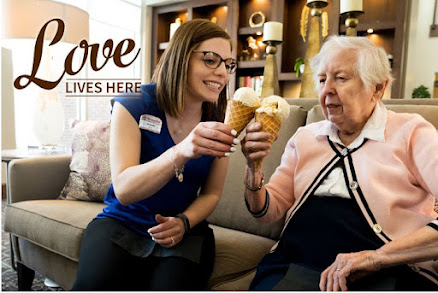A Person’s Gait may Signal Early Signs of Alzheimer’s
Several new studies including one from the journal Current Biology, report the way a senior walks may be messaging something about their future cognitive health. Researchers say walking relies on a person’s navigational skills, which demands mental engagement.
A slowing of a person’s walking pace is one of the things studies are looking into as an early warning sign of Alzheimer’s. People may start to take smaller steps and drift from side to side as well as exhibit poor balance and a history of frequent falls. Ryan Glatt, a certified personal trainer, senior brain health coach, and director of the FitBrain Program at Pacific Neuroscience Institute in California, told Medical News Today, “In clinical settings, gait-based tests can be helpful for determining fall risk, especially with distractions, and perhaps can be part of a more comprehensive cognitive evaluation in the near future.”
Other studies report people with early Alzheimer’s have difficulty turning when walking. Researchers say the problem was not detected in older, healthy participants who suffered from mild cognitive impairment, suggesting the problem is specific to Alzheimer’s. Glatt explained the reason might be connected to changes in the hippocampus, a region of the brain partially responsible for spatial memory that helps to control visuospatial navigation.
Another early warning sign of Alzheimer’s is an altered sense of a person’s environmental perceptions. For example, a person may struggle to understand objects, and become confused by thinking something is 2D when it is really 3D; or vice versa.
Dr. Jonathan Fellows, who leads the Michigan Institute for Neurological Disorders, Alzheimer’s Disease and Memory Disorder Center, adds, “Observation of gait is an important assessment in the diagnosis of various dementias, including Alzheimer disease, as patients with this disorder can have what is called dyspraxia, or difficulty doing a previously learned task – in this case walking or turning.” Researchers explain some of the problems that appear to be specific to Alzheimer’s might allow doctors to diagnose patients earlier; and without the need for blood, spinal fluid or speech tests.
At MorningStar of Littleton, we offer experienced, compassionate Alzheimers care along with assisted living. Our Reflections Neighborhood is distinct from the rest of our community and has been named an “Alzheimer’s Association Leader in Dementia Care.” All of our suites include emergency call systems and handicap-accessible bathrooms. Contact us to learn more about the most trusted senior living Littleton, CO offers.




Comments
Post a Comment